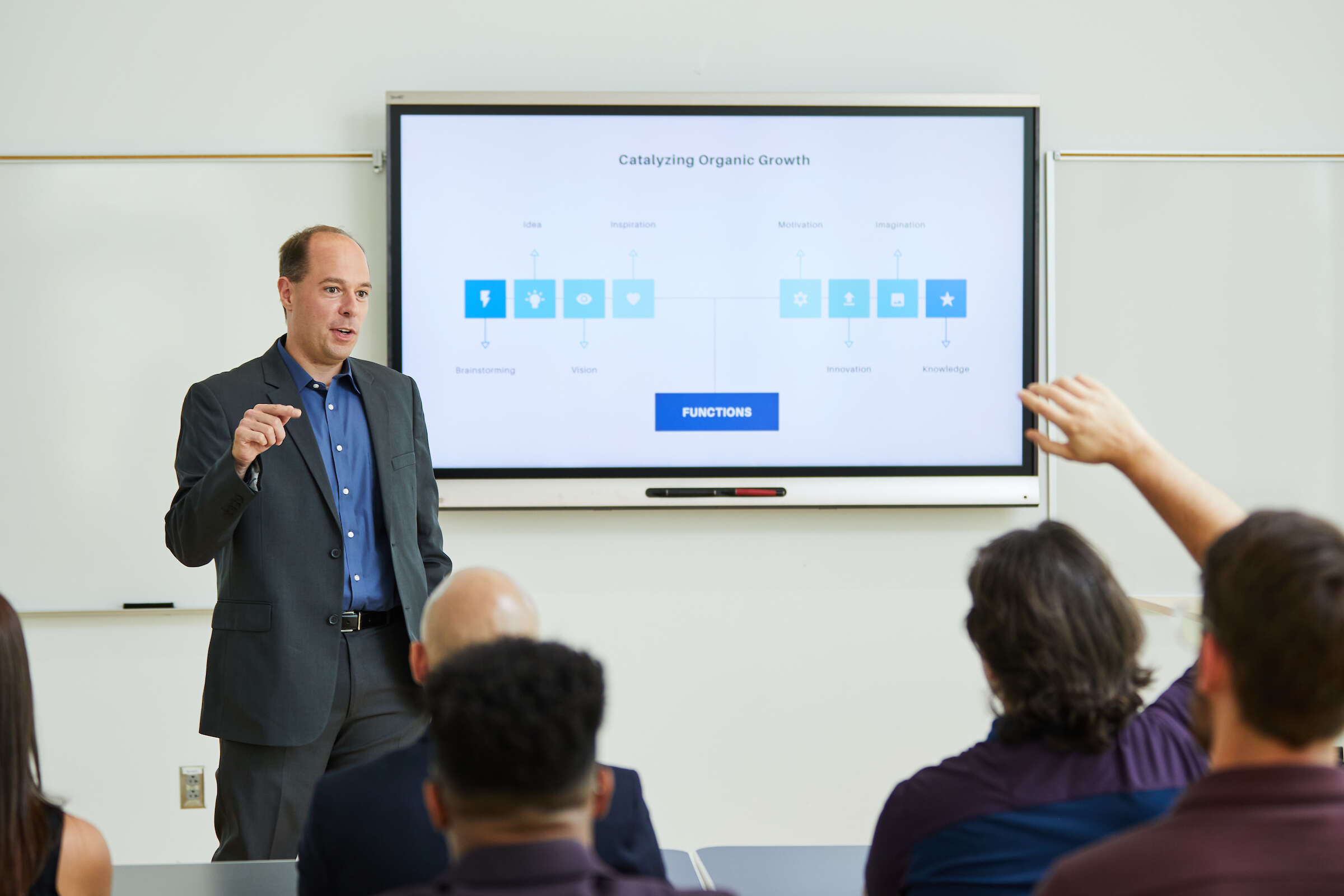In the rapidly evolving landscape of modern education, education leadership plays a pivotal role in guiding school systems towards a future where technology and learning converge. The metamorphosis of traditional teaching methods into tech-driven pedagogies has placed educational leaders at the forefront of this transformation. These leaders, often embodying roles such as the school principal or senior administrators, are tasked with not only overseeing but also pioneering changes that affect student learning. The degree program for aspiring educational leaders must evolve to include contemporary challenges and opportunities. As technology becomes ubiquitous in educational institutions, the onus lies on program faculty to incorporate digital competencies into the curriculum. This evolution is not just a matter of integrating new tools but also of fostering a mindset that embraces change and innovation in the academic setting.
Recognizing the importance of academic honesty, EssayPro makes this plagiarism check for free. It’s an invaluable resource for students who want to verify the uniqueness of their work before submission, providing peace of mind and promoting a culture of integrity in academic writing.
Navigating Technology: Challenges for Educational Leaders
The challenge for educational leadership in the context of technology is multifaceted, necessitating not only the logistical aspect of ensuring adequate financial resources are available for tech upgrades but also leveraging assignment assistance online to support students’ learning needs. This often requires collaboration with government agencies and nonprofit organizations to secure funding and resources. Additionally, community partnerships become essential in creating a supportive environment for online learning and in-person learning, where resources like top ten essay writing services play a critical role in providing comprehensive educational support, ensuring students have access to the help they need to succeed in a technologically evolving landscape. School leadership must also be adept at problem-solving in the face of tech-related challenges. The task of maintaining a balance between traditional teaching methods and emerging technologies falls upon the school administrator, who must also focus on their own practice and professional growth. Another critical aspect involves the integration of technology into the curriculum in a way that enhances learning without overshadowing the fundamental principles of education. Educational leaders must navigate the delicate balance between embracing innovative technological tools and preserving the essence of traditional learning. They are tasked with training teachers to effectively utilize technology in the classroom, ensuring that these tools are accessible and beneficial to all students, regardless of their socioeconomic backgrounds. Moreover, leaders must stay abreast of the ever-evolving digital landscape to anticipate future trends and prepare their institutions for the changes ahead. This requires a continuous investment in professional development and a commitment to fostering a culture of lifelong learning among educators and students alike.
Educational Leadership Programs: Adapting to a Digital Era
Educational leadership programs are at a crossroads, needing to adapt their core courses to prepare future leaders for a digitally advanced world. These programs must instill key qualities in aspiring school leaders, such as adaptability, technological proficiency, and visionary thinking. Emphasis on leadership theories relevant to digital storytelling, policy analysis, and social justice in tech integration is vital. Such programs are also responsible for equipping leaders with skills to foster environments conducive to both online learning and in-person learning. This involves understanding the nuances of each mode and applying evidence-based strategies to enhance student learning. Academized Review focuses on writing services related to Education Leadership. This review highlights how Academized provides high-quality essays that examine various aspects of educational leadership, including strategies, challenges, and best practices, helping students and professionals gain a deeper understanding of this critical field.
Furthermore, the curriculum of educational leadership programs must evolve to include a comprehensive understanding of data analytics and its role in decision-making. Aspiring leaders need to be equipped with the skills to analyze and interpret educational data, using it to drive improvements in teaching methods and student outcomes. This data-driven approach should be coupled with a strong emphasis on digital ethics, ensuring that leaders are aware of the ethical implications of using technology in education. In addition, these programs should focus on building strong communication skills, enabling future leaders to effectively convey their vision and collaborate with a diverse range of stakeholders. By nurturing these competencies, educational leadership programs can prepare their graduates to not only navigate but also thrive in a rapidly changing technological landscape in education.
Visionary Educational Leaders: Inspiring Change and Innovation
Visionary educational leaders are those who can look beyond the current educational paradigms and envision a future where technology and education are seamlessly integrated. They inspire change by being role models in adopting and implementing new technologies in school administration. Their leadership is characterized by a willingness to experiment, answer questions about unknown territories, and lead schools towards innovative paths. These leaders are essential in shaping an environment where students are not just consumers of information but active participants in a tech-driven learning process. They encourage teaching methodologies that are interactive, engaging, and aligned with modern technological advancements.

The Impact of Educational Leadership on Student Success
The influence of educational leadership on student success cannot be overstated. Leaders in education settings play a crucial role in creating policies and systems that directly impact the quality of education. By focusing on professional responsibilities and higher education trends, these leaders ensure that school systems are equipped to provide a learning experience that prepares students for a digital future. Educational leaders must also understand the importance of problem-solving and critical thinking skills in the curriculum, which are essential in a tech-driven world. Their vision and decisions directly affect how students engage with technology and develop skills necessary for future challenges.

Cultivating Future Educational Leaders: Best Practices in Leadership Programs
Best practices in educational leadership programs involve a comprehensive approach that includes theoretical knowledge, practical skills, and real-world applications. These programs should foster leadership roles that are dynamic and adaptable to technological changes. Core courses should cover a range of topics, from policy analysis to digital storytelling, ensuring that leaders are well-rounded and prepared for various challenges. Additionally, these programs must encourage professional growth and the development of own practice in a way that is reflective and forward-thinking. Nonprofit organizations and community partnerships can play a significant role in providing diverse experiences and perspectives to these programs.
The Evolving Landscape of Educational Leader Responsibilities in Technology Integration
The responsibilities of an educational leader in the context of technology integration are continuously evolving. This includes not only keeping abreast of the latest technological advancements but also understanding how these changes impact teaching, learning, and the overall operation of educational institutions.
School leaders must be proficient in managing both the financial resources and the human capital required for effective tech integration. This includes working closely with program faculty, government agencies, and the wider community to create a sustainable and inclusive digital learning environment.
In conclusion, the role of education leadership in today’s tech-driven world is more critical than ever. As we prepare our students to become tomorrow’s innovators, the need for visionary, adaptable, and technologically proficient educational leaders is paramount. These leaders are the catalysts in transforming school systems into vibrant, forward-thinking communities that embrace the challenges and opportunities of the digital age.